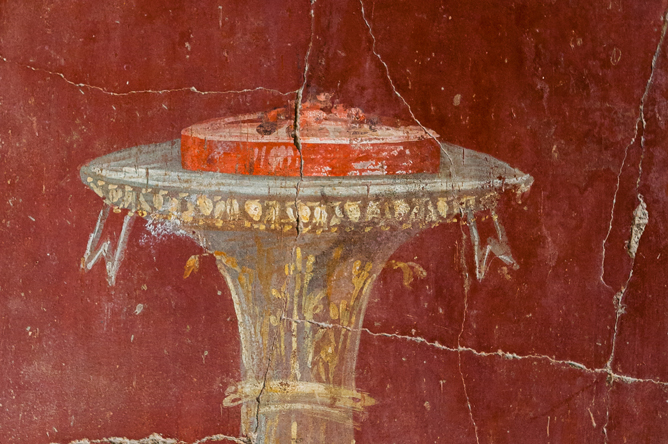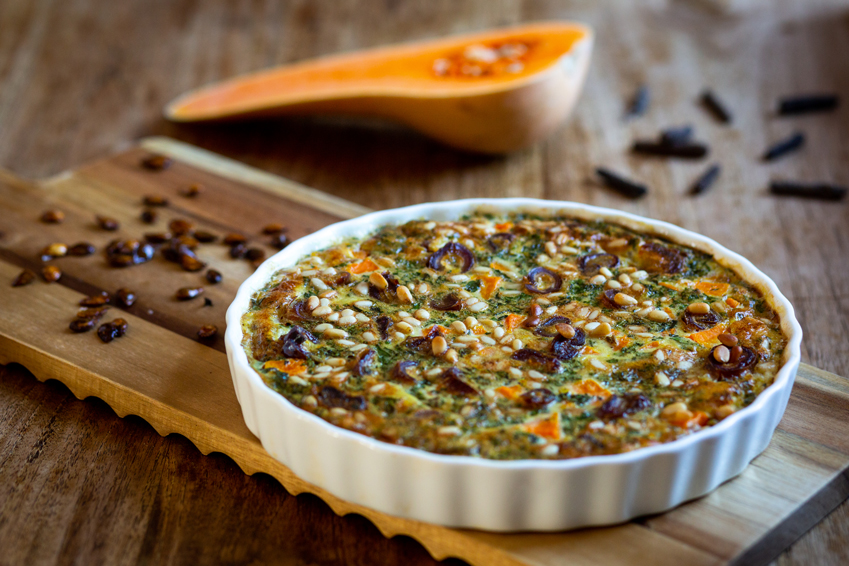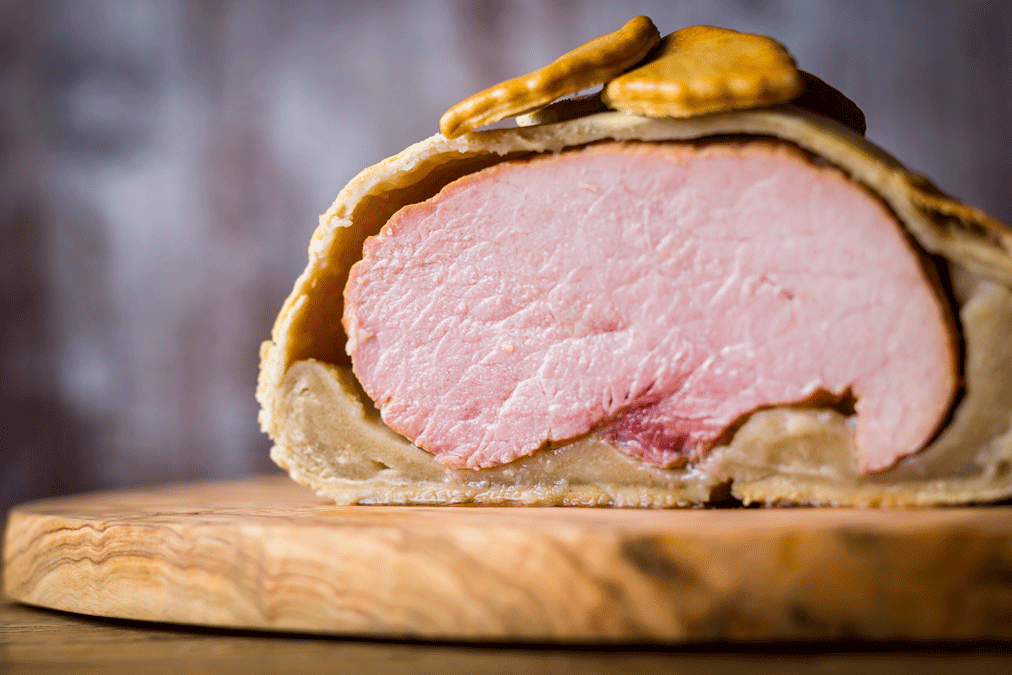Roman cooking class

Only one cookbook has survived from antiquity: De re coquinaria, which is attributed to Marcus Gavius Apicius. The recipes from this manuscript are surprisingly tasty and worth cooking, as are other Roman recipes.
Roman recipes & flavors
Roman recipes do not mention quantities and methods of preparation. They are like little shopping lists. Other writings, archaeological finds, frescoes and mosaics provide a lot of additional information on Roman cooking. You will be inspired by these beautiful sources and are going to cook delicious Roman food.
Roman flavours can sometimes be a bit of a challenge for our modern palette, but it is going to be very tasty. You will discover the Roman preference for sweet & savory and sweet & sour combinations. And you are getting to know some forgotten flavourings from antiquity such as mastic, devils dung, long pepper and garum.
Cooking class
The Roman cooking class starts with a Roman aperitif and some appetizers. Meanwhile we give an entertaining presentation about cooking and eating in antiquity. While you are cooking, you will discover many more secrets about Roman ingredients, forgotten flavours and ancient dishes. Afterwards you take home all the recipes used in the cooking class, so you can cook them at home as well.
You can book this cooking class with a group of 8 to 18 people. We offer them every day of the week. They can be booked in either the afternoon or evening, at any time. The cooking class lasts approximately 4 hours. Prices include all food and drinks.
Cooking class
- Ancient Roman recipes
- Adventurous flavours
- Forgotten ingredients
- Local products
- Mostly organic
- Experienced teacher
- Recipes to take home
- Presentation about Roman food & eating
- Drinks included
Practical information
Costs: € 75 pp
Duration: 4 hours
People: 8-18


